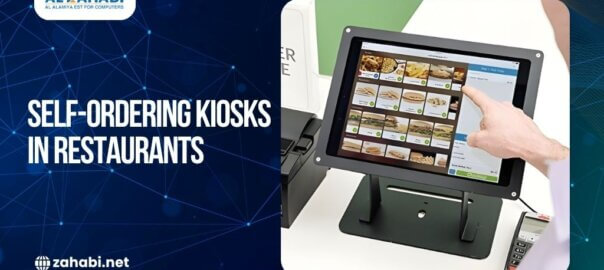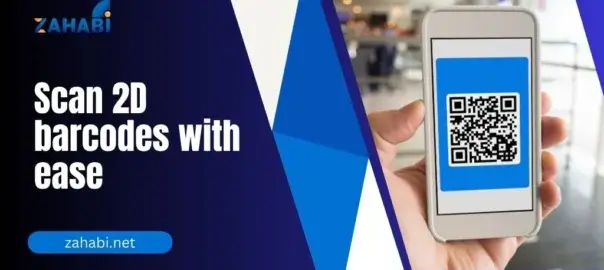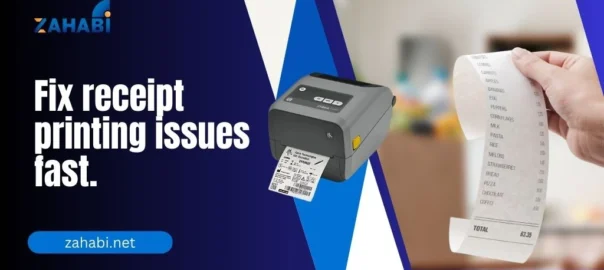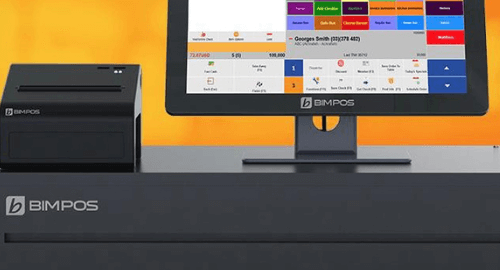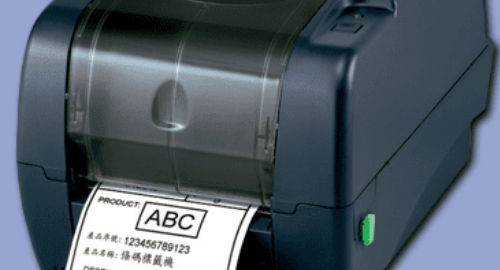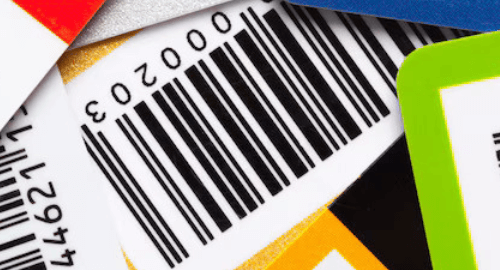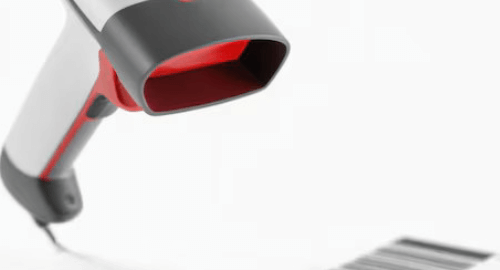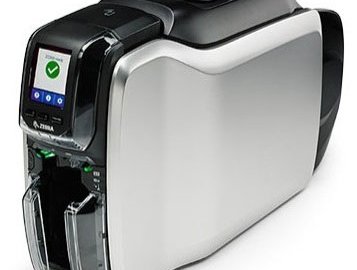
Introduction:
In a time when digital transformation is quickly changing industries, the shift from paper-based operations to paperless solutions is particularly notable in the retail industry. The Point of Sale (POS) system is one of the essential components enabling this change. We will examine the transition of retail from paper records to paperless operations in this blog, focusing on the function of contemporary point of sale (POS) systems.
The Paper-Driven Past
Not so long ago, paper records were the lifeblood of retail establishments. Sales receipts, inventory logs, and customer records were painstakingly documented on paper. The process was not only time-consuming but also prone to errors. Additionally, managing and storing stacks of paperwork posed considerable challenges.
The transition from this paper-driven past to a paperless future was inevitable, driven by various factors:
Innovations in technology
Retailers started to recognize the possibilities for operations streamlining with the arrival of advanced computing technologies. Due to this, the first-generation POS systems were created, which was the first step towards a paperless retail environment.
Customer Expectations
Retailers had to change to match the expectations of their customers as they grew accustomed to the speed and ease of digital transactions. A quick and easy checkout process was now necessary, not just desirable.
Environment-Related Concerns
Businesses were compelled to reevaluate their paper-intensive procedures due to growing environmental consciousness. Utilizing less paper not only reduced expenses but also complied with sustainability objectives.
The Rise of POS Machines
The transition to paperless retail operations was greatly aided by the introduction of POS machines. These technological advances completely changed how business was done and provided a number of advantages, including:
Convenient Checkout
The checkout procedure was greatly accelerated by modern POS devices. Customer wait times were cut by making barcode scanning and inventory tracking smooth.
Enhanced Customer Experience
Retailers were able to offer a more individualized shopping experience thanks to POS technology. Customer information might be saved and utilized to provide specialized promotions and recommendations.
Inventory Control
Real-time updates made inventory tracking simple. Retailers would have immediate access to stock information, lowering the possibility of overstocking or understocking.
Analytics and Reporting
POS systems provided extensive reporting and analytics features. Retailers may learn more about sales trends, which might help them in making informed decisions.
The Future of Paperless Retail
In the retail industry, the shift from paper to paperless is underway. The possibilities of POS systems will advance along with technology. Here’s a glimpse into the future:
Mobile POS Solutions
Smartphones and tablets are enabling mobile POS systems, which are increasing in popularity. They are adaptable and can turn any space into a point of sale.
Contactless Transactions
The retail industry is changing due to the popularity of contactless payments. POS systems will keep evolving to accommodate contactless transactions that are safe and practical.
Integration with online shopping
A primary goal will be the seamless integration of physical storefronts with e-commerce platforms. In order to close the gap between online and offline buying, POS systems will be crucial.
Enhanced Data Analytics
Retailers will harness the power of big data and AI to gain deeper insights into consumer behaviour. This data-driven approach will drive personalized marketing efforts.
Conclusion
The journey of retail from paper to paperless, powered by advanced POS systems, has been transformative. As technology continues to evolve, the future of retail promises even more seamless, efficient, and personalized shopping experiences. The best point-of-sale system in Kuwait is not just a tool; it’s a catalyst for the retail evolution, connecting businesses with their customers in ways unimaginable in the paper-driven past.



